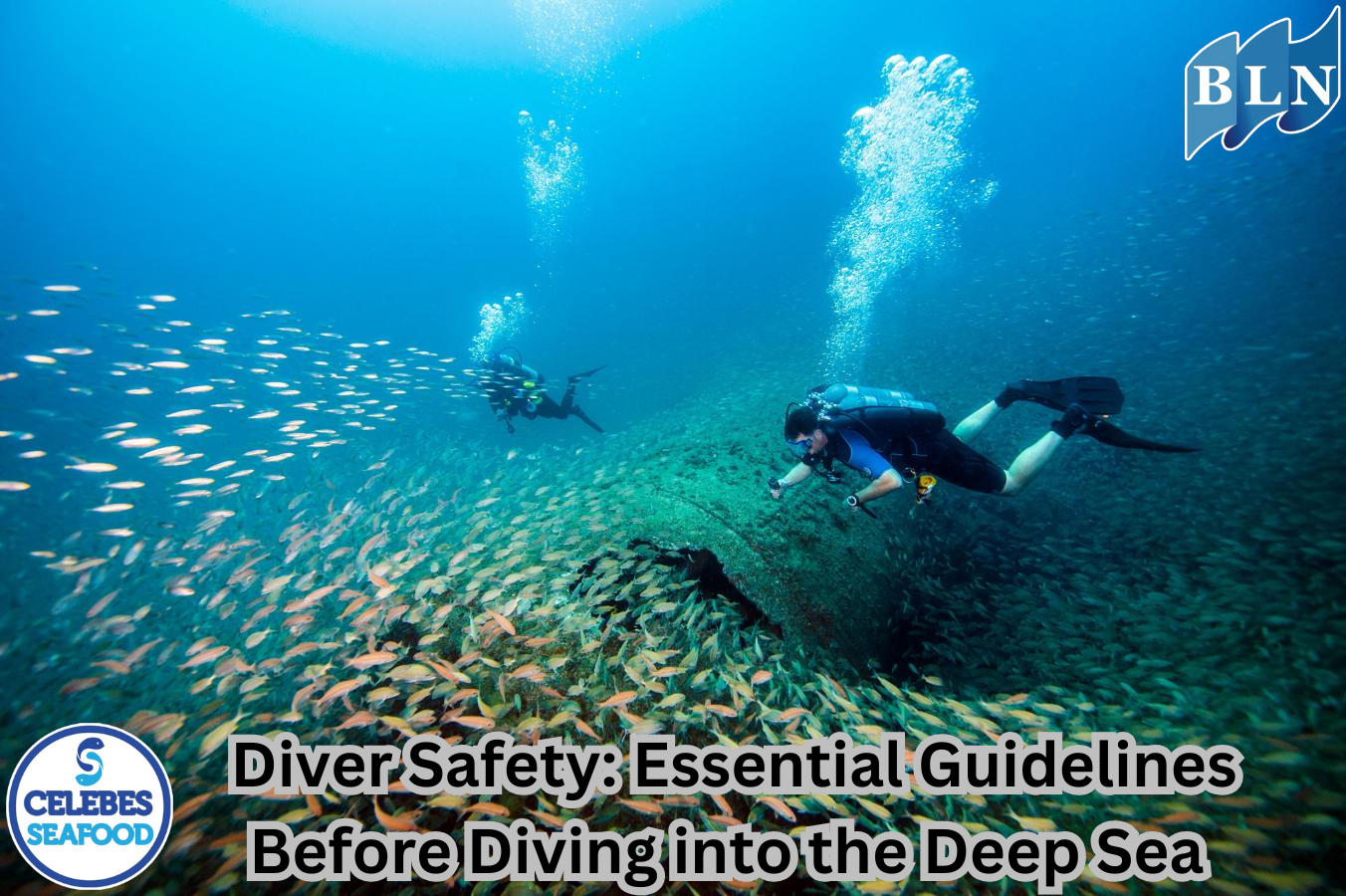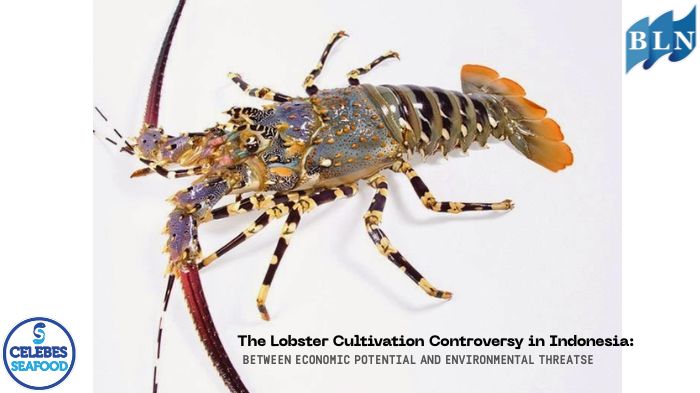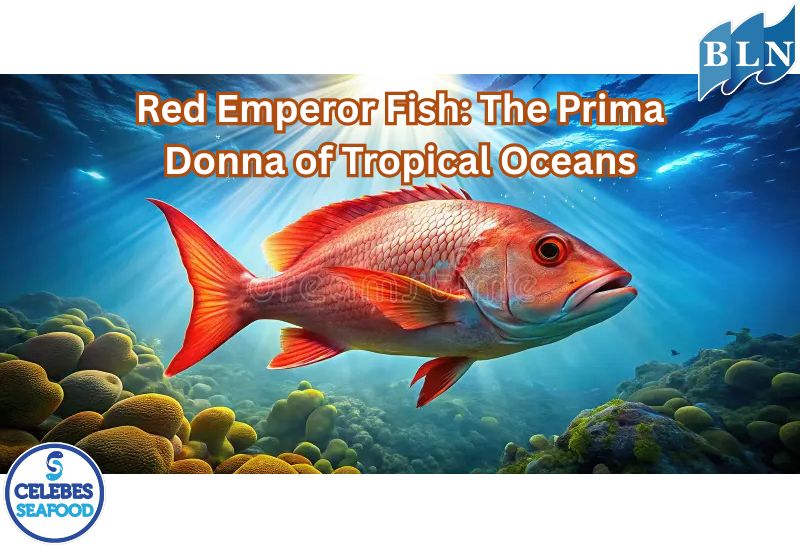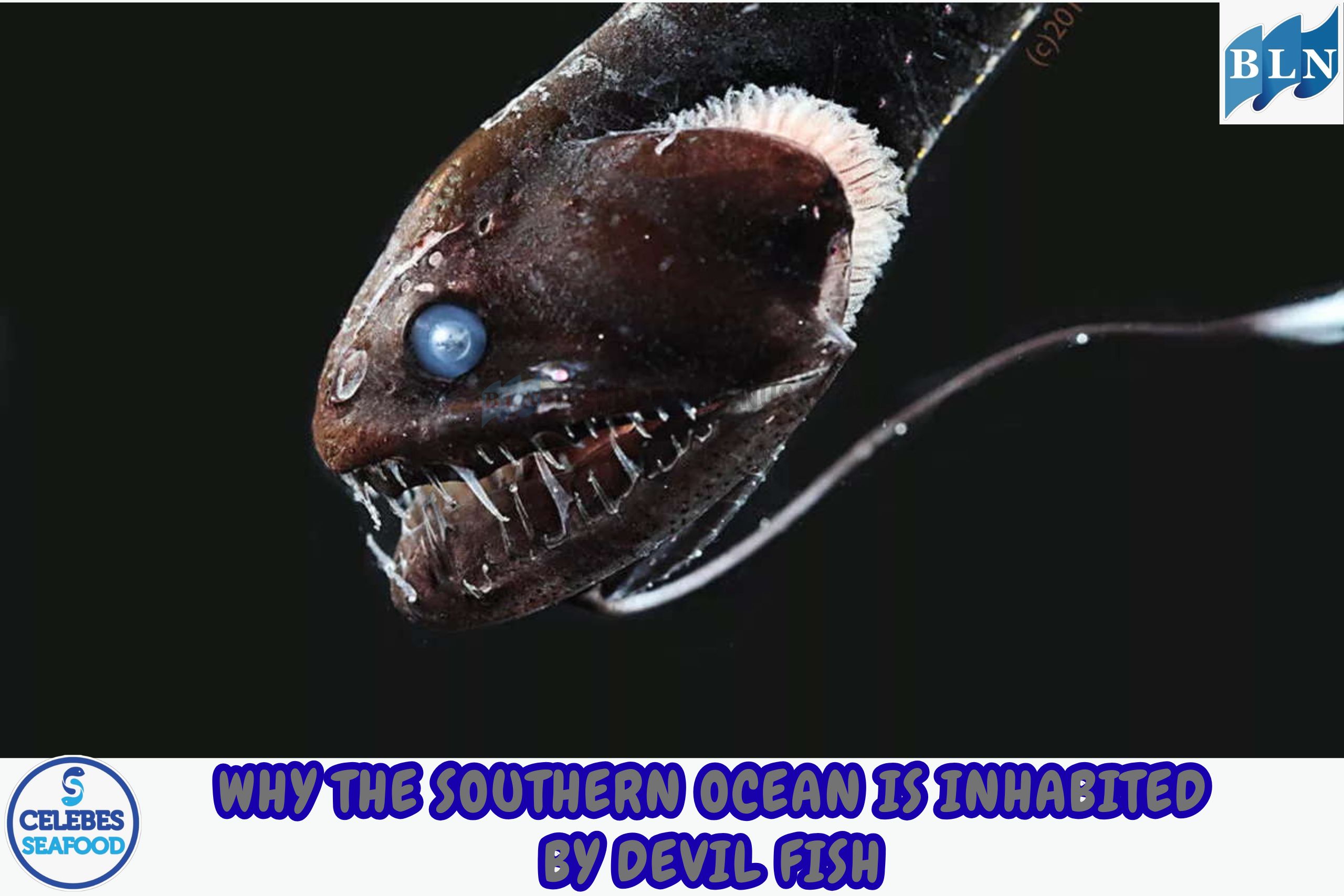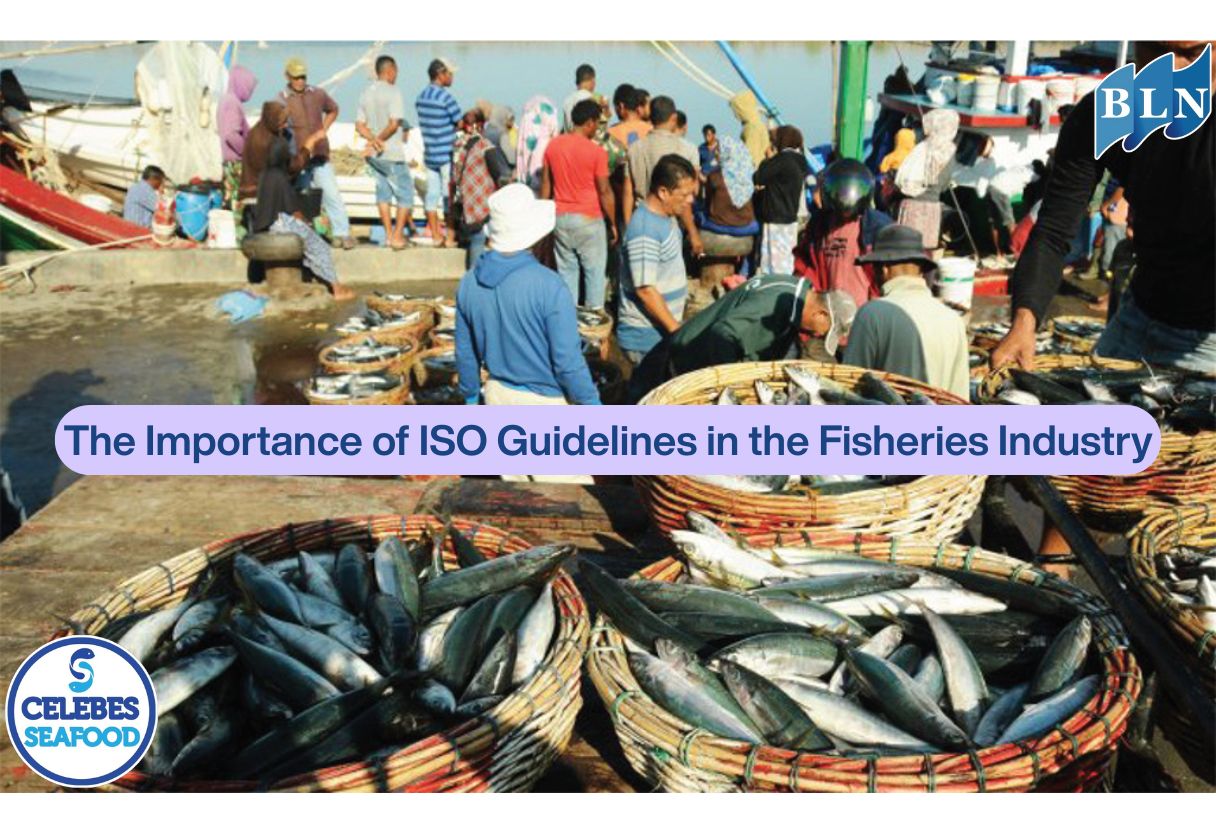The Role of Fish in Coral Reef Ecosystems: Keeping the Ocean in Balance
By. Edi - 12 Jun 2025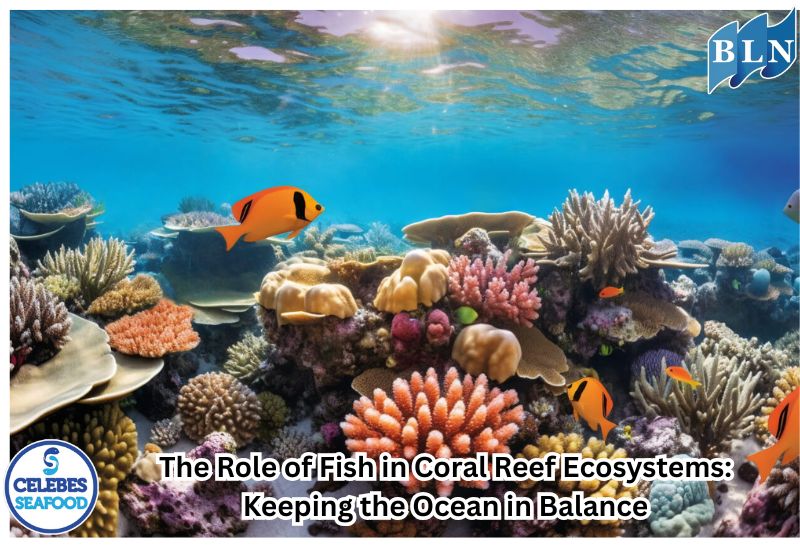
lautnusantara.com Coral reefs, often referred to as the “rainforests of the sea,” are underwater ecosystems that are incredibly rich in biodiversity. While coral reefs themselves are magnificent geological structures, fish play a crucial role in keeping these ecosystems healthy and balanced. Without the presence of a variety of fish species, coral reefs would not be able to withstand a variety of threats and continue to serve as vital habitats for millions of other species.
Why Are Fish Important to Coral Reefs?
The role of fish in coral reef ecosystems goes far beyond simply being there. They are the natural maintainers, cleaners, and regulators that ensure that coral reefs remain healthy. Here are some of their key roles:
1. Controlling Algae and Weeds
One of the biggest threats to coral reefs is the growth of algae. Algae can smother coral and block sunlight needed by zooxanthellae (symbiotic algae that live within coral tissue and provide food for coral). This is where herbivorous fish, such as surgeonfish and parrotfish, come into play as natural “grass cutters.” They eat algae that grow on coral, preventing it from dominating and suffocating the reef. Without these fish, algae would grow uncontrollably, leading to mass coral die-offs.
2. Nutrient Cycles and Cleaning
Fish also contribute to the nutrient cycle on coral reefs. Fish waste, which is rich in nutrients, can act as a natural fertilizer for coral and other organisms in the surrounding area. Additionally, some fish species, such as the cleaner wrasse, act as “cleaners” by eating parasites and dead tissue from other fish. This helps keep the fish on the reef healthy and prevents the spread of disease.
3. Coral Seed and Seed Dispersers
Some fish species, especially those that feed on dead coral or sandy substrates around the reef, can indirectly help disperse coral seeds. Coral fragments or coral seedlings that pass through the fish’s digestive system can be spread to new areas, helping to colonize and restore coral reefs.
4. Food Chain Balance
Fish are at many levels in the coral reef food chain. Predatory fish such as groupers and sharks help keep populations of other fish in balance, preventing any one species from dominating and disrupting the ecosystem. This balance is important to avoid excessive pressure on certain resources and to ensure species diversity is maintained.
5. Indicators of Ecosystem Health
The presence and abundance of certain fish species can also be indicators of coral reef health. Declines in populations of key fish, especially herbivores, are often an early sign of problems in coral reef ecosystems, such as increased algal blooms or pollution.
Threats and Conservation
Although fish play a vital role, they themselves face a variety of threats, including overfishing, pollution, and climate change. Declines in fish populations, especially those with important ecological roles, can trigger a domino effect that can damage the entire coral reef ecosystem.
Therefore, conserving fish and their habitats is essential. Efforts such as establishing marine protected areas, enforcing sustainable fishing regulations, and reducing pollution are crucial steps to ensure that fish can continue to play their role as guardians of the ocean’s balance and the survival of coral reefs.
If you are interested in our Coral Trout Fillet Skin On, CORAL TROUT WGG WHOLE GILLED GUTTED, TOMATO COD WHOLE GILLED GUTTED please do not hesitate to contact us through email and/or whatsapp.

